10 Times the Oscars Got the Best Picture Winner Totally Wrong
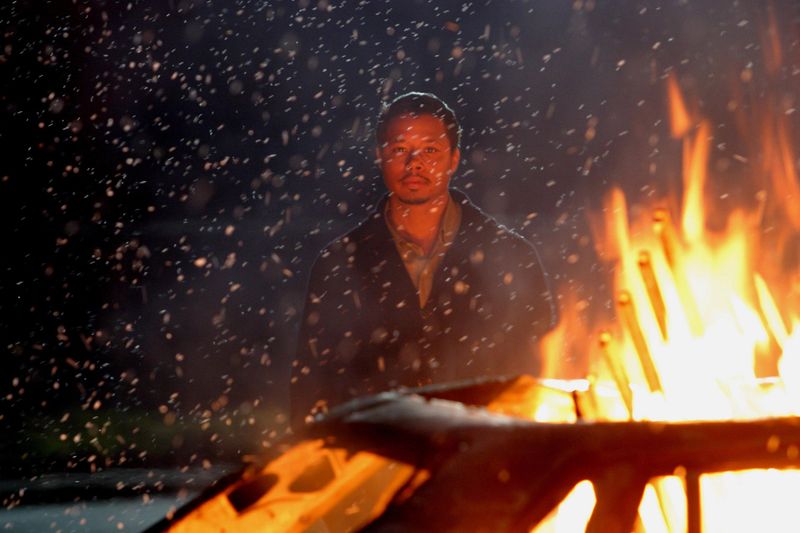
Every year, Hollywood’s biggest night promises to honor the best in cinema—but sometimes, the Academy gets it spectacularly wrong. From controversial upsets to bafflingly safe choices, some Best Picture winners have left critics and audiences shaking their heads. These 10 Oscar decisions sparked outrage, debate, and disbelief, proving that even Hollywood’s highest honor doesn’t always go to the film that truly deserves it.
1. Crash (2004)
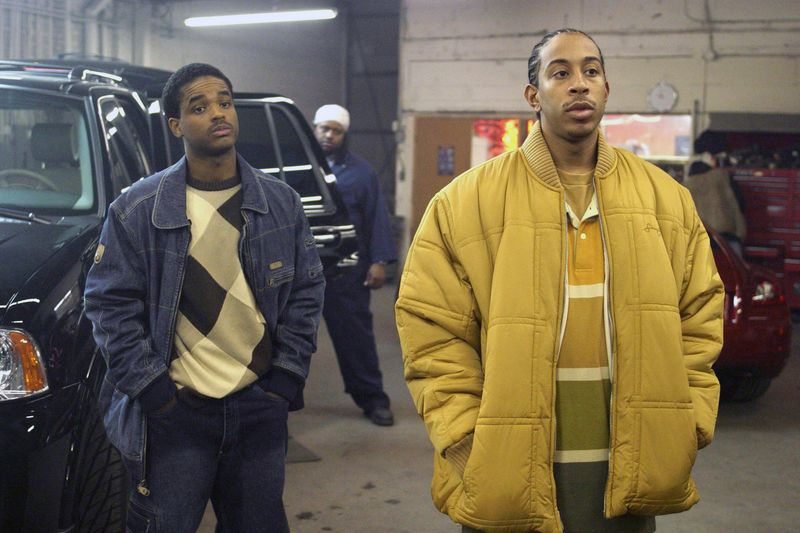
When Crash won Best Picture at the 2006 Oscars, jaws dropped everywhere. Critics had overwhelmingly favored Ang Lee’s Brokeback Mountain, a groundbreaking love story that challenged Hollywood norms.
Instead, the Academy chose a multi-narrative drama about race in Los Angeles that felt safer and less controversial. Years later, this decision remains one of the most criticized in Oscar history.
Film experts point to it as a prime example of voters avoiding bold storytelling. The choice showed how fear of controversy can override artistic merit, leaving a mark on the Academy’s reputation that persists today.
2. The King’s Speech (2010)
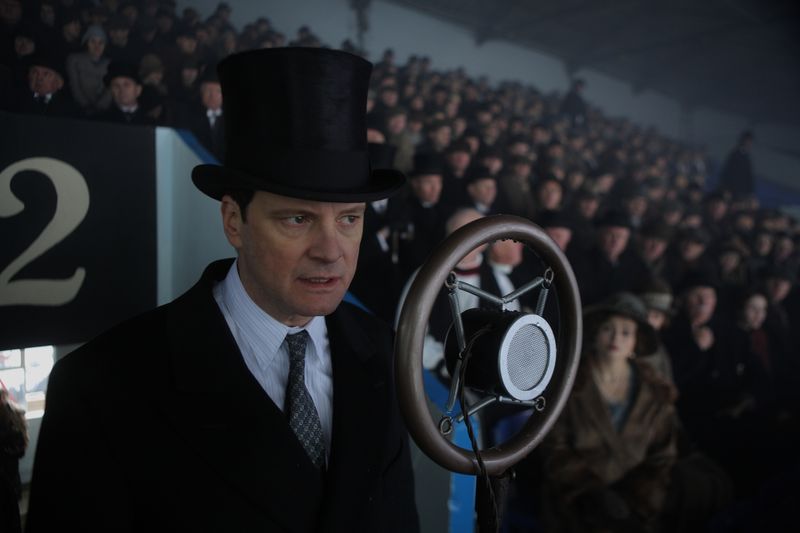
Colin Firth delivered a magnificent performance, and the film itself was beautifully crafted. However, when The King’s Speech beat both The Social Network and Black Swan, many felt the Academy had chosen comfort over creativity.
The conventional royal biography simply didn’t push boundaries like its competitors did. The Social Network captured the digital age with razor-sharp dialogue and modern storytelling techniques.
Black Swan offered psychological intensity and visual artistry that left audiences breathless. Critics later pointed to this win as proof that Oscar voters often favor safe, traditional narratives over films that take genuine risks with form and content.
3. Around the World in 80 Days (1956)
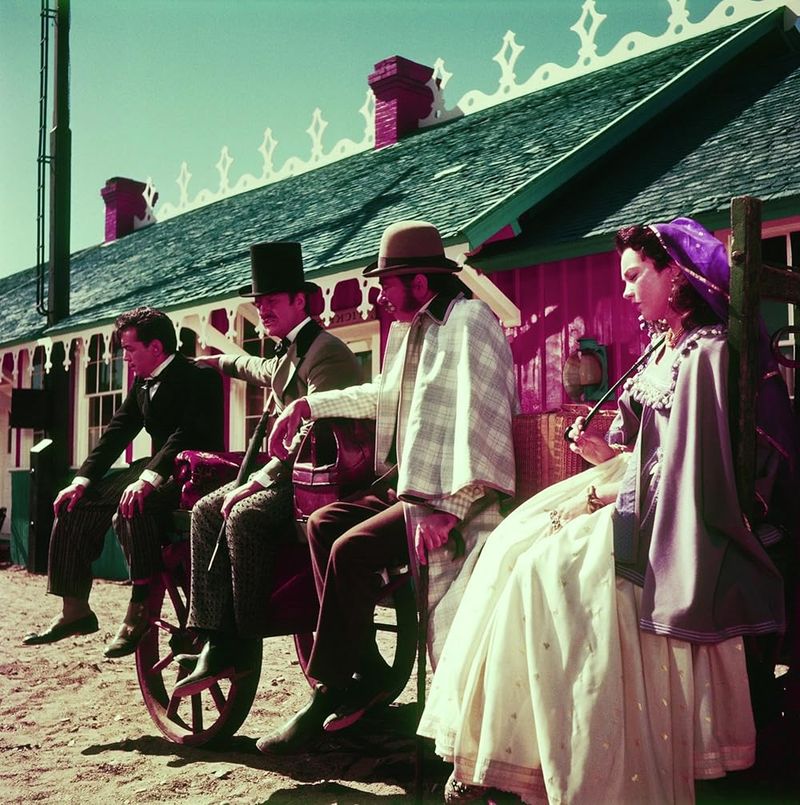
Film historians still debate how this happened. Around the World in 80 Days was a fun adventure romp, nothing more. Yet it somehow defeated epic contenders like Giant and The Ten Commandments, both of which offered far more dramatic weight and cultural significance.
Modern critics frequently rank this among the weakest Best Picture winners ever. The film’s lighthearted tone and simple storytelling pale compared to what else was competing that year.
This win demonstrates how spectacle and star power can sometimes overshadow genuine artistic achievement, leaving future generations puzzled by the Academy’s choice.
4. Gigi (1958)
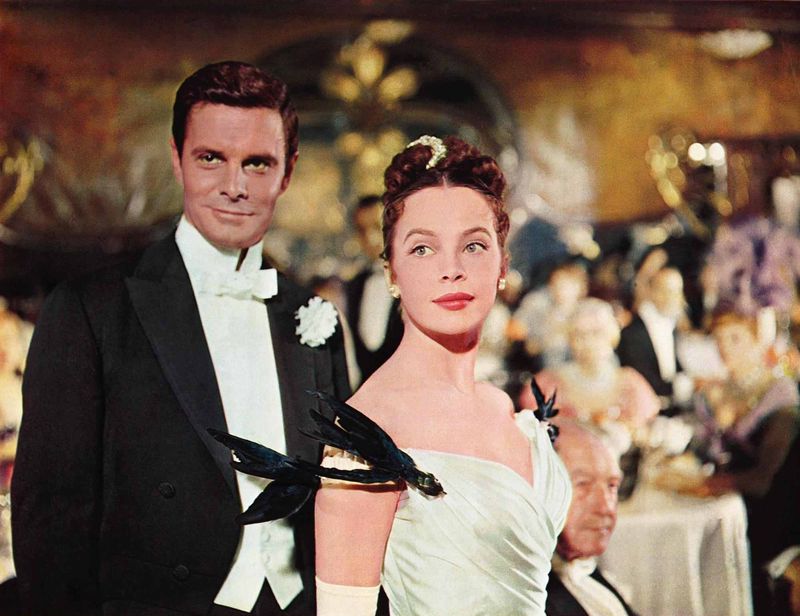
Opulent sets and gorgeous costumes couldn’t hide the fact that Gigi was a lightweight musical with questionable themes. Winning over Cat on a Hot Tin Roof, a powerful drama exploring complex family dynamics, seemed absurd even at the time.
The choice epitomized old Hollywood’s preference for pretty spectacle over substance. Decades later, the film’s dated attitudes have aged poorly, making the win even harder to defend.
What seemed charming in 1958 now feels problematic and superficial. Critics view this as a perfect example of how the Academy once prioritized glamorous excess over meaningful storytelling and emotional depth.
5. Slumdog Millionaire (2008)
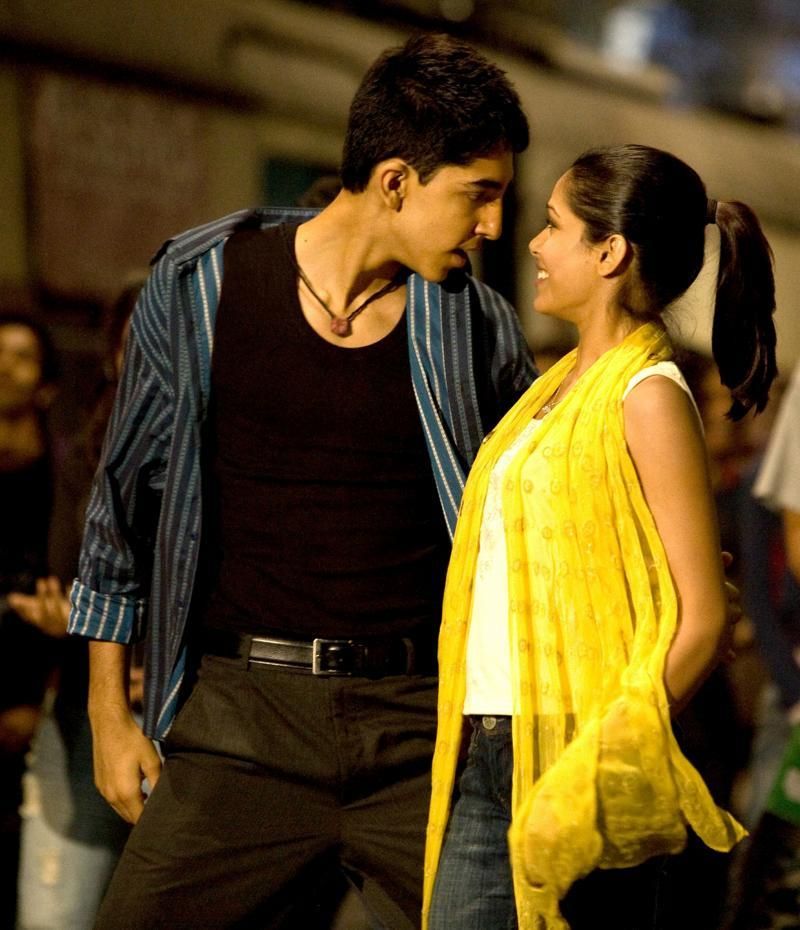
Danny Boyle’s rags-to-riches tale charmed audiences worldwide and swept awards season with infectious energy. The colorful cinematography and uplifting story made it an easy crowd-pleaser.
However, critics later questioned whether its simplistic portrayal of poverty in India deserved such universal acclaim. Compared to grittier contenders like The Wrestler, which offered raw emotional honesty, Slumdog felt sentimental and sanitized.
Some argued it presented a Western fantasy about Indian poverty rather than authentic social commentary. The win showed how feel-good narratives can triumph over more challenging, nuanced storytelling that demands deeper audience engagement.
6. Driving Miss Daisy (1989)
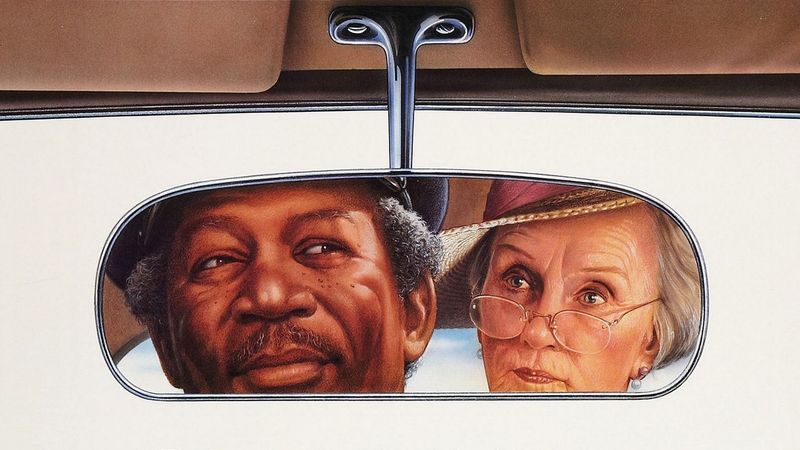
While Driving Miss Daisy won Best Picture, Spike Lee’s Do the Right Thing wasn’t even nominated. That omission alone speaks volumes about the Academy’s blind spots regarding race and social commentary.
The gentle, comfortable drama about an unlikely friendship felt safe compared to Lee’s explosive examination of racial tension. This remains one of the most controversial Oscar decisions in history.
Critics view it as symbolic of Hollywood’s reluctance to embrace challenging perspectives on race relations. The Academy chose a feel-good story over a film that forced uncomfortable conversations, revealing how awards can reflect institutional conservatism rather than artistic courage.
7. Tom Jones (1963)
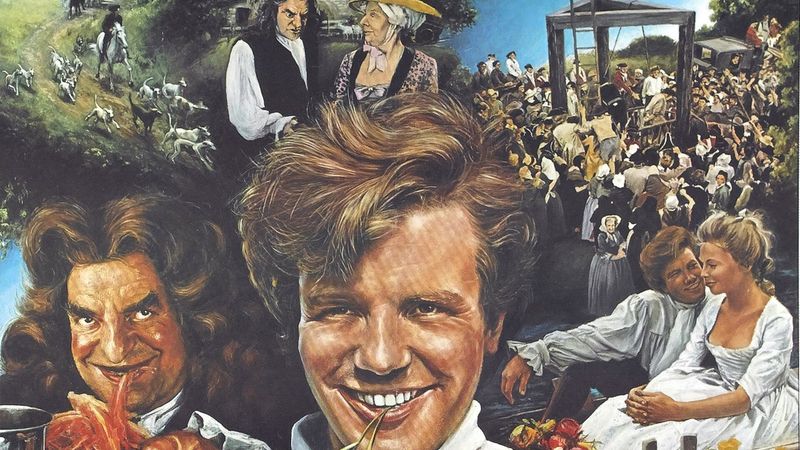
This British romp charmed voters with its irreverent humor and lively energy. Yet even at the time, many questioned whether it had enough substance to deserve Best Picture. Competing against films like Fellini’s masterpiece 8½ made the choice seem particularly questionable.
Years later, critics found Tom Jones slight and forgettable compared to its contemporaries. The film’s cheeky tone and period antics haven’t endured like other classics from that era.
This win demonstrates how voters sometimes mistake entertainment value for lasting artistic significance, choosing what’s fun over what’s truly groundbreaking or culturally important.
8. The Greatest Show on Earth (1952)
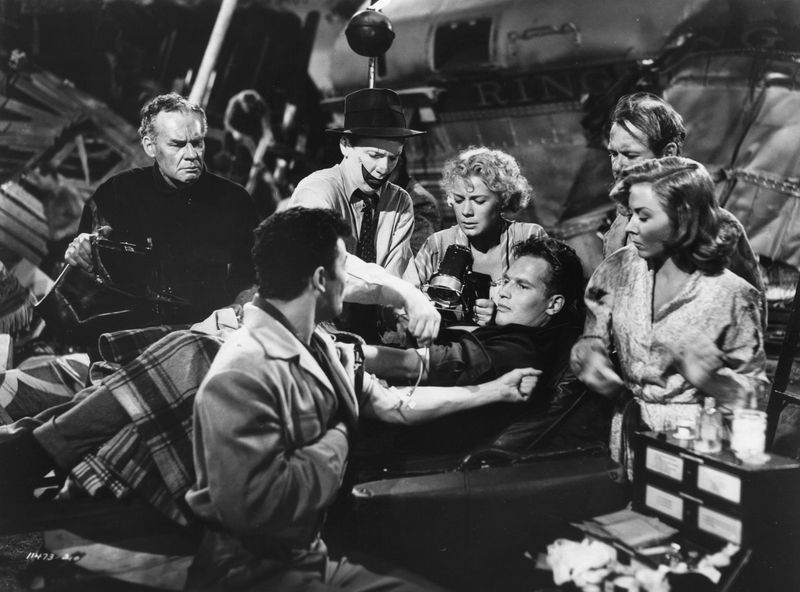
Cecil B. DeMille’s circus epic had all the hallmarks of Old Hollywood spectacle: big sets, dramatic music, and larger-than-life performances. Unfortunately, it also had melodramatic plotting that felt overblown even for its time.
Beating classics like High Noon and The Quiet Man baffled critics then and now. Modern audiences often mock this film’s heavy-handed storytelling and dated sensibilities.
Film scholars frequently cite it as one of the Academy’s poorest decisions ever. The win proved that sheer scale and production value can sometimes blind voters to superior storytelling, emotional truth, and cinematic innovation.
9. Shakespeare in Love (1998)
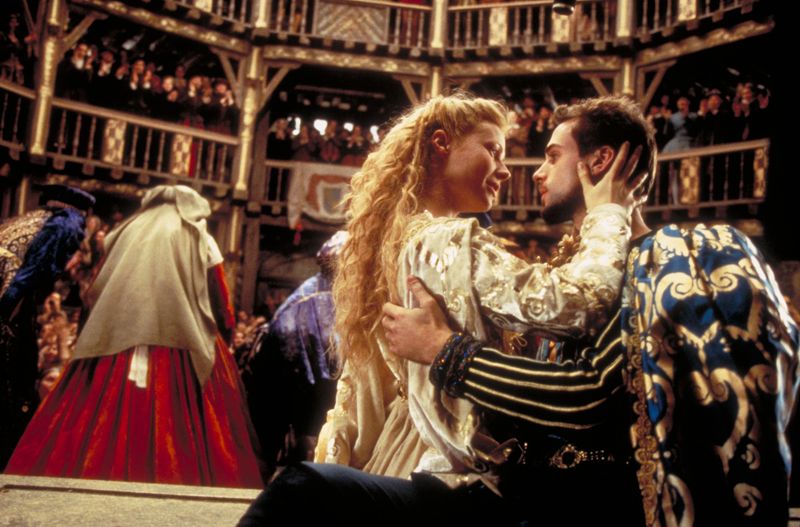
Miramax ran one of the most aggressive Oscar campaigns in history to push this romantic comedy past Saving Private Ryan. While charming and well-acted, Shakespeare in Love couldn’t match Spielberg’s epic war film in scope, emotional impact, or technical achievement.
The upset shocked audiences everywhere. Critics view this as the moment Oscar campaigns became more important than the films themselves. Marketing tactics and strategic screenings swayed votes in unprecedented ways.
This controversial win forever changed how studios approach awards season, proving that money and influence can sometimes matter more than artistic excellence or cultural significance.
10. Green Book (2018)
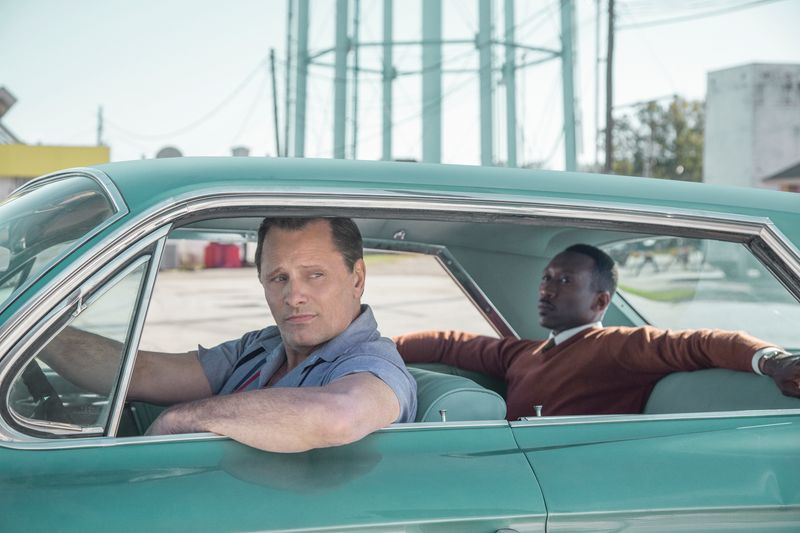
When Green Book took home the Best Picture trophy at the 2019 Oscars, the room erupted in mixed reactions. Many critics felt the Academy played it safe by choosing a feel-good story over more challenging narratives like BlacKkKlansman or Roma.
The film drew fire for its simplistic approach to racial issues and reliance on the “white-savior” trope, where a white character helps a Black character overcome adversity. Director Spike Lee was visibly upset when the winner was announced, turning his back to the stage in protest.
Critics pointed out that Green Book lacked the narrative depth and artistic vision of its competitors, making it feel like an outdated choice for modern cinema.

Comments
Loading…